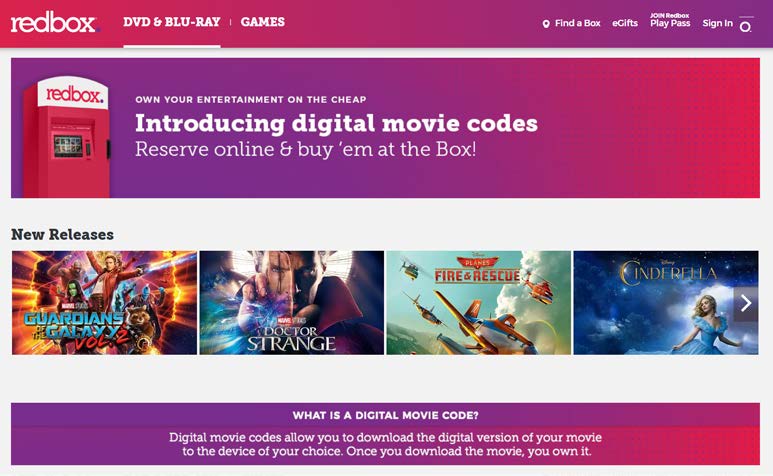When the Copyright Act was amended in 1976, the words “tweet,” “viral,” and “embed” invoked thoughts of a bird, a disease, and a reporter. Decades later, these same terms have taken on new meanings as the centerpieces of an interconnected world wide web in which images are shared with dizzying speed over the course of any given news day.
Comments closedMonth: April 2018
Digitisation and dissemination of out-of-commerce works held by cultural heritage institutions, including across borders, in ‘mass digitisation’ projects, is adversely affected by difficulties in clearing rights. The digitisation and dissemination of in-copyright OoC works as part of ‘mass digitisation’ efforts is however faced by distinct difficulties and high transaction costs for clearing the relevant rights. This problem contrasts with the inherently low current commercial value of the works at stake.
Comments closedLetters, Email, and Other Written Correspondence
Letters, emails, journals, diaries, and other forms of written correspondence may be registered if they contain a sufficient amount of copyrightable expression and if the claimant owns the copyright in that material. When submitting an application to register these types of works, the applicant should limit the claim to the text, artwork, and/or photographs that appear in the work.
Comments closedThey proposed the new draft law. It introduces new definition – the owner of app. App owner is the owner of software for computer where the information, containing copyrighted subject matter excluding photos or containing information necessary in order to receive such copyrighted subject-matter with help of telecommunication networks, is placed without proper permission of right holder or other legal ground.
Comments closedIt is very strange situation, when the court, protecting and securing intellectual property rights in Russia, is accused of copyright infringement. One law office, Paragon, has required Russian general prosecutor office and department of court to check Russian intellectual property court on the subject of copyright infringement.
Comments closedDisney owns the copyrights to several well-known movies, including Beauty and the Beast, Frozen, Star Wars: Episode VII -The Force Awakens, Rogue One: A Star Wars Story, and Guardians of the Galaxy Vol. 2. Disney distributes its films in multiple formats through a variety of channels, including DVD and Blu-ray disc sales, on-demand streaming services such as iTunes and Google Play, and subscription streaming services such as Netflix and Hulu.
Comments closedArkady Dvorkovich, the deputy of Russian Prime Minister Dmitry Medvedev, gave interview to Russian state channel Russia24. In this interview he has underlined that proposed draft law, providing exhaustion of rights in trademarks owning or controlling by USA companies, enshrines tools for reciprocal actions. But these tools must be used very carefully.
Comments closedThe deputy of Russian minister of communication (MinCom), Alexey Volin, believes “excessive and erratic regulation of internet by the Russian state precludes progress of digital economy”. According to his words the industry suffers losses if state regulation lacks sequence and consistency.
Comments closedThe concept of exceptions and imitations to copyright serve a critical role in the so-called intellectual property – and copyright – paradox. The paradox of intellectual property lies in a “system that promotes, or at least, aspires to promote knowledge by restricting it”.
Comments closedAfter the first initial proposal to regulate and control social networks in Russia and dissemination of information there failed, the Russian legislators proposed new redaction of this law. It was introduced again and it seems the law will be adopted for sure and quickly. Explanation note to the draft law states that the aim is to preclude the dissemination of illegal and false social significant information in social networks in Russia.
Comments closed